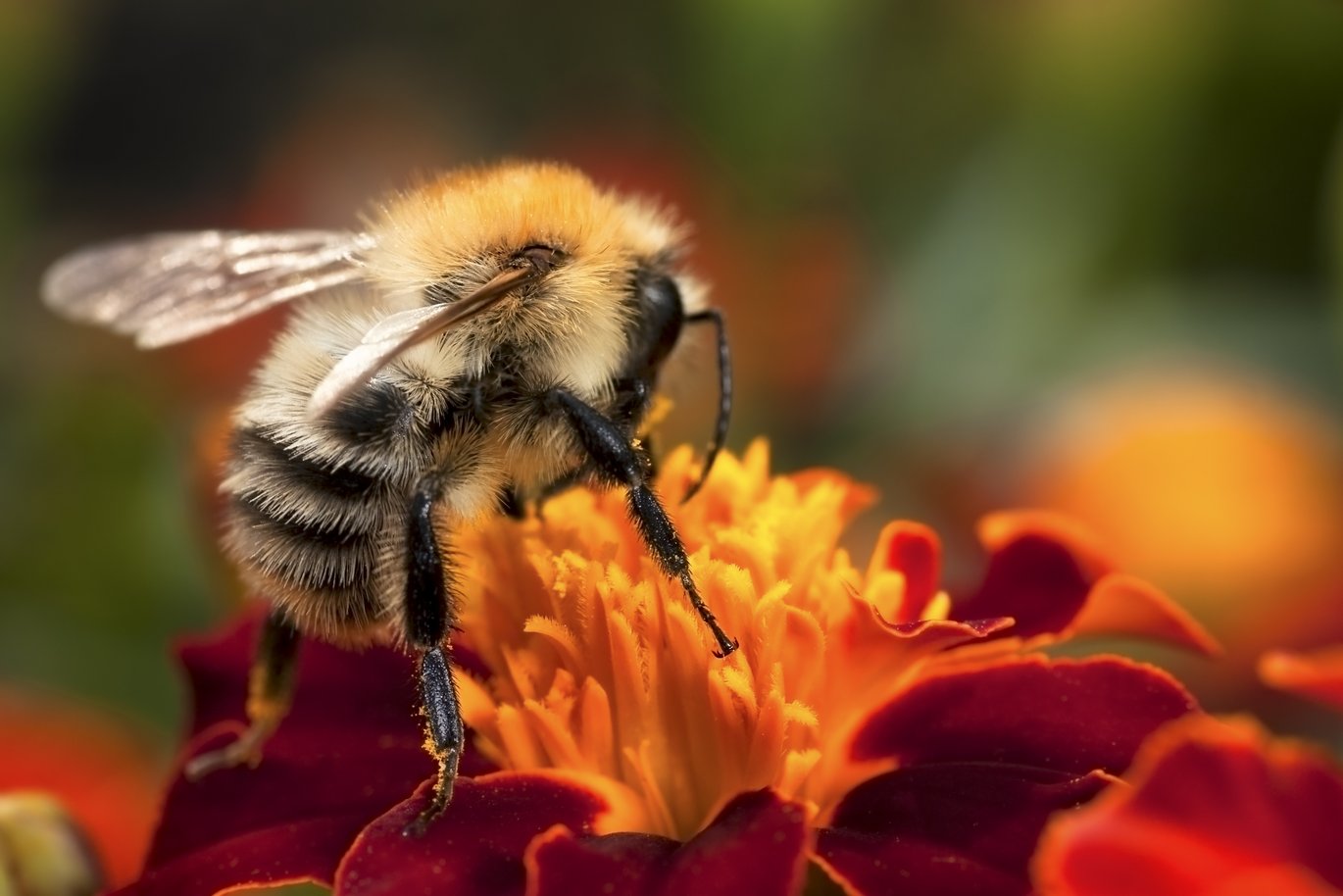One step closer to preserving European bees: Large new EU project launched
The aim of the new EU-project is to move the evaluation of the risks and impacts of pesticides from assessing single pesticides and their effects on honey bees to assessing the effect of multiple pesticides on whole populations of wild bees, butterflies and other insects.

On 17-18 January 2024 experts in pollinator ecology, pesticides and toxicology, stakeholder engagement and communications gathered in Aarhus, to officially launch the new EU-funded Horizon Europe project PollinERA. Nearly 50 people from all over Europe came to Aarhus University to launch the project.
For the next four years, partners across eight European countries join forces to solve one of the key problems associated with pollinator declines and try to reduce the harmful impact of pesticides.
To accomplish that, the researchers will be pursuing four different objectives:
- Fill the ecotoxicological data gaps of today. This will enable the researchers to locate the source of harmful pesticides and the routes of exposure to the pollinators. And make it easier to predict the impact of pesticides on individual pollinators.
- Develop and test a monitoring scheme for pesticides and pollinators across Europe. This includes developing risk indicators and information about how exposure to mixtures of different pesticides affect pollinators.
- Develop new models for predicting the effects of pesticides on pollinators. Different models that can predict how the environment as a whole is affected, how individuals are exposed and affected and how populations as a whole are impacted.
- Develop a population-level risk and policy assessment tool. The tool needs to be able to consider multiple stressors and changes in the landscape and farming.
The project will run from 2024 and to 2027.
About PollinERA
PollinERA is an acronym for: Understanding pesticide-Pollinator interactions to support EU Environmental Risk Assessment and policy.
The project is financed by the Horizon Europe programme.
PollinERA is coordinated by The Social-Ecological Systems Simulation Centre (SESS) at Aarhus University and led by Professor Christopher J. Topping.
Contact info
Christopher J. Topping
Professor
Leader of the Social-Ecological Systems Simulation (SESS) Centre, Department of Ecoscience, Aarhus University
Email: cjt@ecos.au.dk
Phone: +45 93 52 25 03
